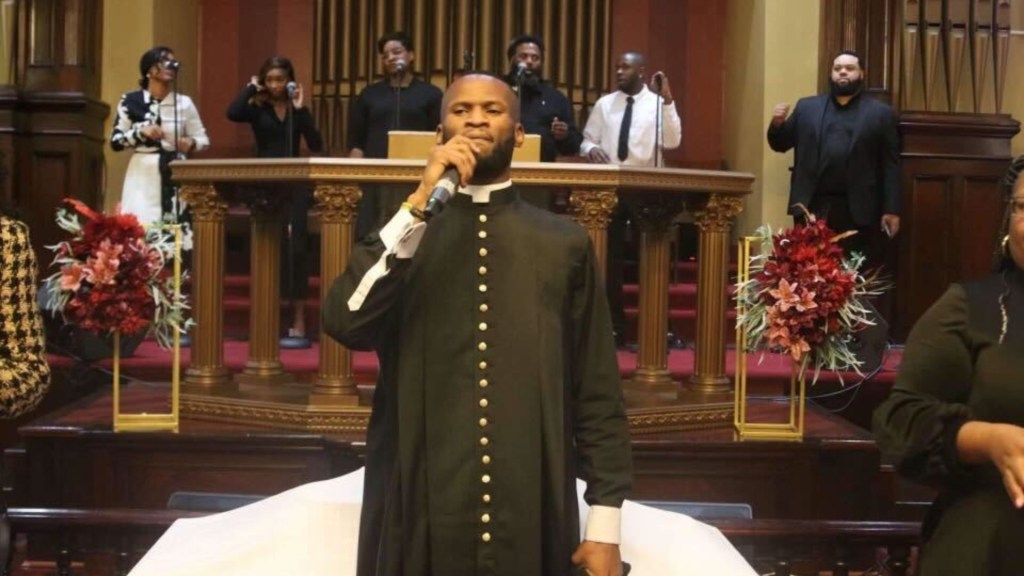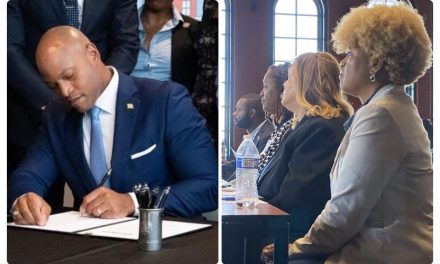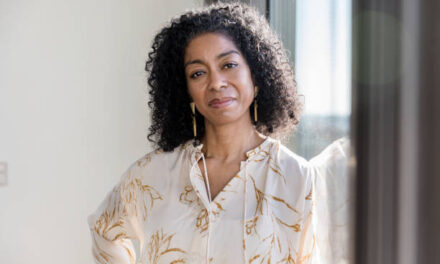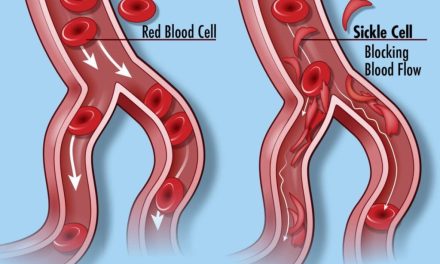At Gethsemane Baptist Church, Rev. Terrence Rogers is bringing together multiple generations, both digitally and in person.

When Rev. Terrence Rogers stepped into the pulpit as senior pastor of West Baltimore’s Gethsemane Baptist Church in May, he carried with him an impressive résumé: degrees from Alderson Broaddus University and Duke Divinity School and pastoral training under renowned leaders like Bishop Donte Hickman and Dr. Jamal-Harrison Bryant. By the time of his formal installation on Nov. 2, he seemed ready to lead the medium-sized congregation into a new chapter.
But his new assignment presented him with a rude awakening. As he settled in, what met him was the gap between being an assistant to the pastor and the actual pastor — and it was a steep learning curve.
“Going from serving alongside the senior pastor and now being the senior pastor is a huge transition,” he says.
Bridging the gap between preparation and practice
For years, Rogers served in assistant roles at major ministries with expansive outreach programs, learning from megachurch leaders known for blending theology with practical service. Yet, taking on the senior pastor role has tested his faith, leadership and vision in ways he didn’t anticipate.
“Going from serving alongside the senior pastor to being the senior pastor means the training wheels are off,” Rogers said. “Now, it’s time to walk in your calling and put your methods and theology into practice.”
This new role comes with unique challenges. Gethsemane Baptist Church is an aging congregation in an urban setting, far removed from the resources of larger ministries. Rogers acknowledges the test of leadership this presents.
“If you can only operate in one context or platform—with the many, not the few—then maybe you weren’t truly sent. You have to be able to accomplish with the few what you could with the many.”
Transforming the congregation
Rogers has brought new energy to Gethsemane, reshaping its demographic profile almost immediately. He and his wife, both in their 30s, have shifted the church from a nearly 100 percent senior congregation to one with growing youth and family participation. Today, seniors make up about 60 percent of the congregation, while millennials, younger families, and children are the rest.
His focus on engaging younger generations has included voter education programs for high schoolers and conversations about civic responsibility.
“We are going to be engaging and getting those who will be 18 by the next election,” he says. “We are now educating and speaking with high schoolers about voting, being registered, the presidential candidates and just kind of hearing from them, just being able to hear their thoughts.”

A new kind of ministry
The challenges of pastoring in a post-COVID world have also pushed Rogers to embrace digital ministry. He now balances leading two congregations — one in person and one online.
This is the new age of church where engagements, likes, and comments rise above handshakes and smiles.
“Outreach and evangelism are done online, even in terms of reaching people in military barracks, people in prisons, mental institutions, hospitals, and college campuses,” he says.
His efforts have earned the admiration of his mentors.
“The next generation of ministry is in good hands with young men and women like Terrence Rogers,” says Dr. Derren Thompson, Rogers’ mentor and founding pastor of The Conquerors Church in Edgewood, Maryland.
“Terrence is gifted and takes on the arduous task of working with people and growing them to do God’s best in the kingdom,” says Thompson. “Simply put, he has the anointing to lead his generation to do more effective ministry in the day to come. Terrence is old school in his approach, but new school in his awareness of the things of God.”
Looking ahead
Rogers embraces the challenge of leading Gethsemane Baptist Church, understanding that true ministry requires both faith and adaptability.
“We just don’t know what God is doing,” he says. “What he allows, then we allow. And we work hard to do our part and our duty on the next go around. So we’re just being more intentional about serving, reaching, and engaging people, even intergenerationally,” he said.
And that’s what pastoring is about — serving, growing, and engaging people wherever they are.
This article was originally published by WordinBlack.com.

The post Meet the Baltimore pastor bridging the gap between old and new appeared first on AFRO American Newspapers.











